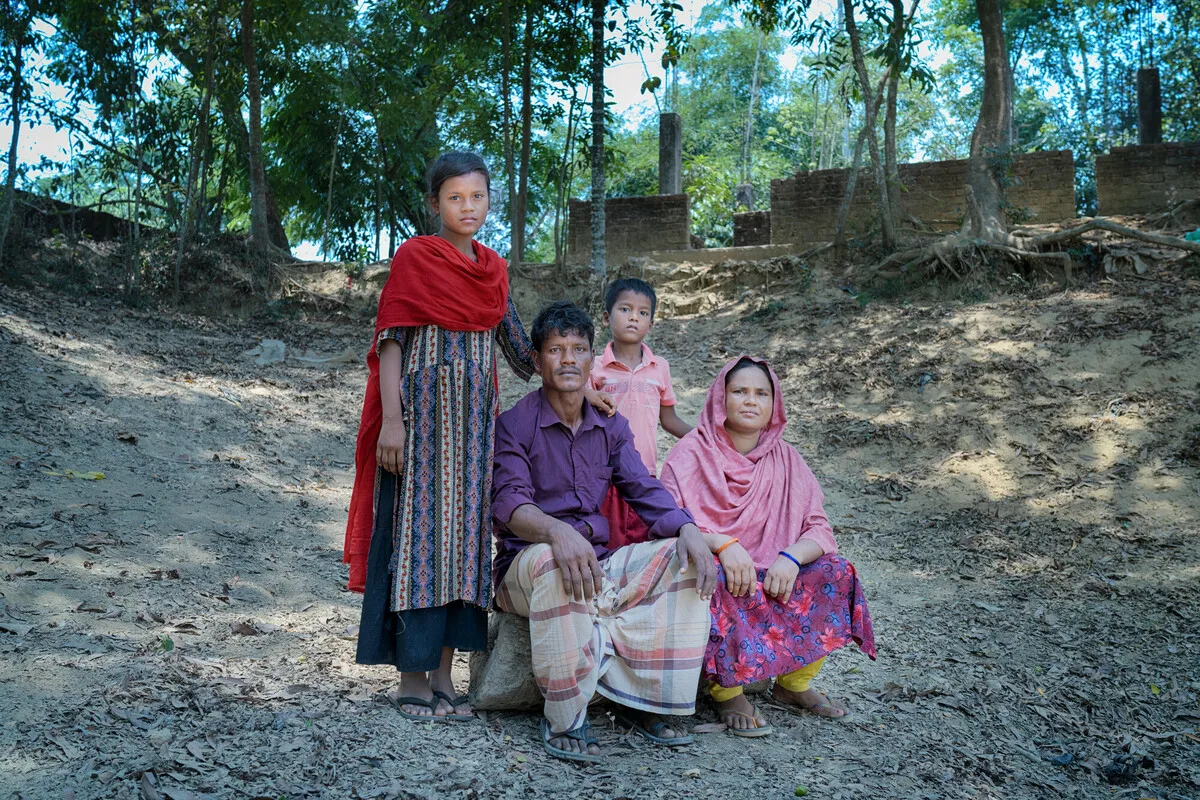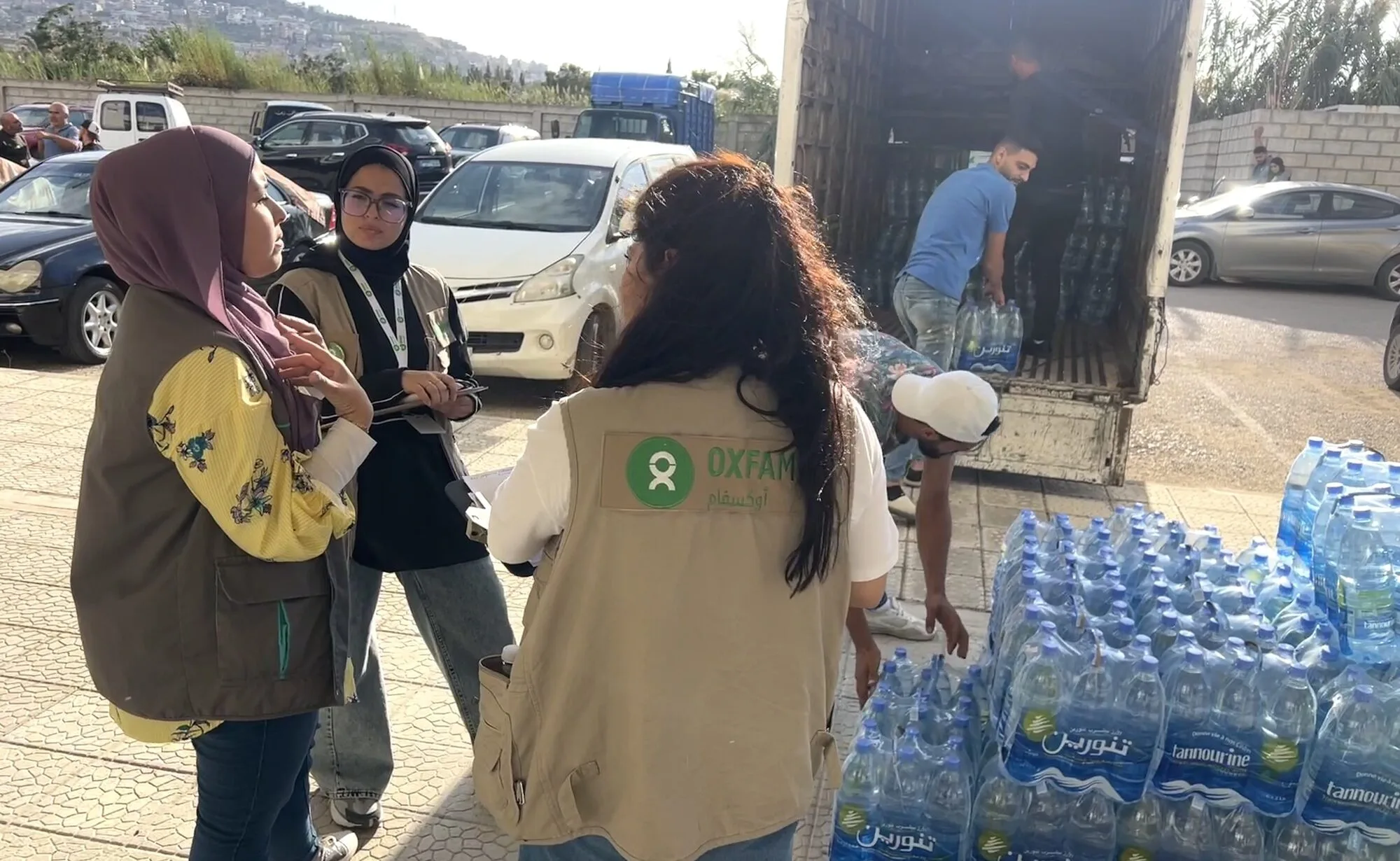Five years ago this month, the most powerful earthquake to hit Haiti in 200 years struck the teeming capital of Port-au-Prince, killing more than 220,000 people, injuring more than 300,000 others, and reducing great swaths of the city to rubble.
Amid the profound logistical challenges of operating in the ruins of crowded neighborhoods sprawled across steep ravines, our emergency response was among the biggest we had ever undertaken—thanks to the incredible outpouring of support from people like you.
And then, a few months later, a second disaster hit Haiti: cholera. The waterborne disease began a deadly march across the country killing more than 3,000 people in the first 10 weeks of the outbreak.
By the time of the first anniversary of the quake, we had helped 500,000 survivors with a range of support that included clean water and sanitation services, shelter, emergency food, and income-earning opportunities. In addition, we were also reaching another 700,000 people with clean water, oral rehydration salts, sanitation services, and hygiene education in the fight against cholera.
Since those back-to-back disasters, Oxfam and its partners have continued to help communities recover and people rebuild their lives: Haitians living in camps for displaced people have received rental assistance to relocate; we have helped train farmers to produce higher yields; and some families have received cash assistance to start small businesses.
In addition, we have helped to form and train local committees so people can be better prepared the next time a disaster strikes. And we have helped to repair water systems and irrigation ditches to improve the country’s water and sanitation infrastructure and reduce the spread of cholera.
For Metilia Robert, a rice farmer in the Artibonite valley, the training she got on a new method for growing rice may well help change her future. Called the System of Rice Intensification, or SRI, the method allows farmers to produce greater yields while using less water and fertilizer and fewer seeds. Her harvests are now turning heads.
“There isn’t anyone who can’t do SRI in their field,” she says. “What Oxfam gave me, I am keeping it forever. I am evangelizing with it.” Robert’s experience is exactly what Oxfam aims to achieve: helping people to help themselves.
“Oxfam is committed to building a stronger, more resilient nation,” said Damien Berrendorf, Oxfam’s country director in Haiti.
“In 2014 alone, we have reached 594,310 Haitians and our mission is to make sure our programs, carried out in conjunction with civil society organizations and the Haitian government, are as collaborative and effective as possible.”
But major challenges remain in addressing the country’s longer-term needs for housing, jobs, and basic services such as education, clean water, and health care—all exacerbated by the earthquake and cholera outbreak.
“The government should resume efforts to decentralize power and resources so that vital services can reach Haiti’s most vulnerable citizens,” added Berrendorf. “At the same time, donors must deliver on their commitments to the Haitian people and support its leaders to tackle the economic and social inequalities that continue to plague the country’s development.”



